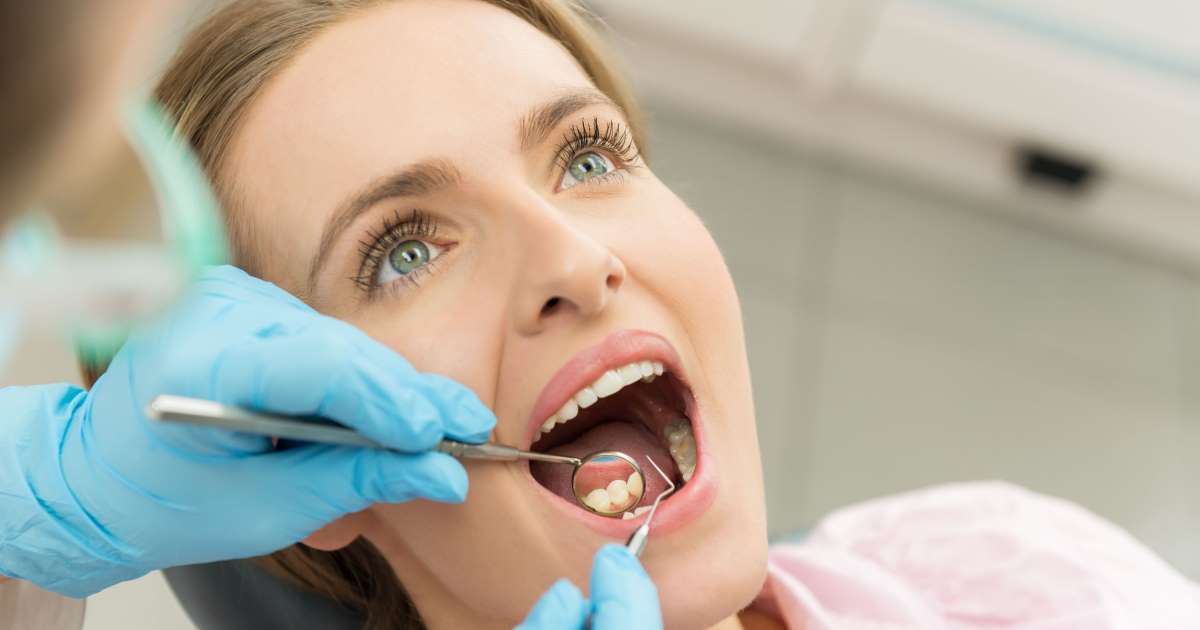What Causes Sialorrhea?
Stroke

An individual who experiences a stroke may develop sialorrhea as a result of their medical event. A stroke is an emergent medical event where part of an individual's brain becomes damaged or dies from a lack of blood supply. The lack of blood supply in the brain is the result of hemorrhage or the result of a clot or emboli becoming lodged in a blood vessel that supplies the brain with blood. Most individuals who experience a stroke incur permanent damage to their brain tissue. Many individuals who have a stroke can regain their abilities to eat, drink, and swallow properly, but some cannot. The deterioration of these functions can cause the patient to be physically unable to manage the swallowing of saliva, or causes their brain to be inattentive to the necessity of swallowing saliva.
Cavities

Cavities are areas of tooth decay that may form on the hard surfaces of the teeth. Small cavities typically produce no symptoms. As cavities grow, they may cause toothaches, visible pits or holes in the teeth, and black, brown, or white stains on the teeth. Patients with cavities could experience pain while biting down, and pain might occur when eating or drinking something sweet, hot, or cold. Cavities are caused by bacteria in the mouth and by poor oral hygiene. They can be detected with x-rays, and dentists may sometimes be able to detect them with a clinical examination. Since cavities are permanently damaged areas of the teeth, they need to be treated with fillings.
Uncover more causes of sialorrhea now.
